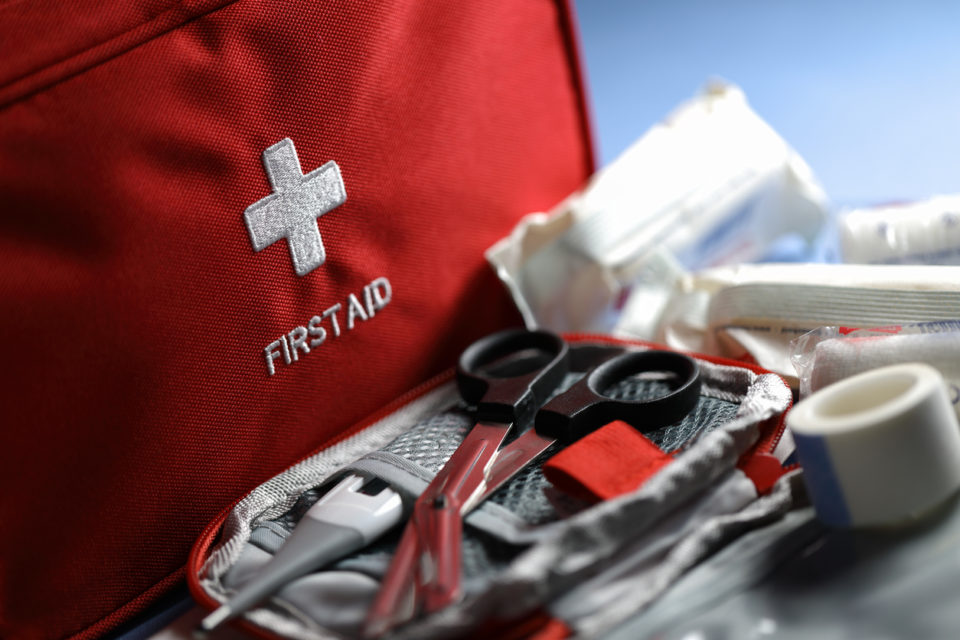
Unexpected accidents and injuries can occur without warning and even when you’re far from home. That’s why it’s crucial to have access to some essential first aid supplies even when you’re on the road. This way, you will always be prepared in the event of an emergency that requires first-aid care. With a well-stocked first aid kit stashed away in your vehicle, you can rest assured that you’ve got what you need to take care of any minor injury that occurs en route to your destination.
Antiseptics
Since your vehicle doesn’t have fresh running water and soap, antiseptic spray is an effective alternative that you’ll want close at hand inside your car.
Bandages
It’s a good idea to have different shapes and sizes of adhesive bandages in your vehicle. You never know when you will get a small cut or scrape. Waterproof bandages can be useful, too, as can waterproof adhesive that lets you seal wounds quickly and easily.
Ointment
The great thing about antibiotic ointment is that it’s readily available and easy to use. If you have a wound or cut you need to clean up, applying antibiotic ointment with a bandage on top will help stop the growth of bacteria so your wound will not get infected.
Gauze Pads and Tape
Gauze pads are a great essential item to have in your vehicle. These work great with a wound that is bleeding heavily or is too big to be covered by a regular bandage.
Scissors
No matter the size of your scissors, they will come in handy when you need to cut cloth. Curved medical scissors are a great investment if you are looking for a type of scissors that may be easier to use in emergency situations.
Ice Packs
Obviously, you cannot carry around ice in your car, but you can use instant cold packs. Cold packs have the same benefit as ice. The cold compress can help to decrease swelling and bruising, and even take the sting out of pesky bug bites. It is always a great idea to have a few in your vehicle’s first aid kit.
You might also like: Warning Signs That You Need New Tires
Gloves
When you’re caring for any type of injury, you want to take care to keep things clean and sanitary. Using non-latex disposable gloves will ensure that no bodily fluids get on you, and that the wound doesn’t come into contact with bacteria.
Disclaimer: The stock image is being used for illustrative purposes only, and it is not a direct representation of the business, recipe, or activity listed. Any person depicted in the stock image is a model.
